Pediatric osteosarcoma
Pediatric osteosarcoma (os•te•o•sar•co•ma) is the most common bone cancer in children and teenagers. Children’s Health℠, through an academic affiliation with UT Southwestern Medical Center, is a national leader in studying and treating this type of cancer. We use a team approach and the latest treatments to give your child every chance to overcome their cancer and get back to being a kid again.
What is pediatric osteosarcoma?
The word “sarcoma” means a tumor that grows in bones or soft tissue like muscles and organs. Osteosarcomas are a type of sarcoma that grows in a particular type of cell inside bones.
Risk factors
Every year, about 400 children and teens in the U.S. develop osteosarcoma. Most of these tumors grow in the knee or shoulder. They can also spread to other parts of the body, such as the lungs.
What are the signs and symptoms of pediatric osteosarcoma?
Children may notice pain, redness or swelling where the tumor is growing. Children can also develop a limp, decreased movement and sometimes even a fracture at the site of the tumor.
How is pediatric osteosarcoma diagnosed?
DNA
We identify the type of cancer by taking a sample of the tumor, looking at it under the microscope and studying its DNA.
Imaging
We also get detailed images of the tumor, through tests like an MRI, CT-scan, bone scan and PET-CT scan. These images show us how big the tumor is and whether it has spread to other places in the body.
We use the type, size and location of the tumor to decide which treatment will work best for your child.
Analytical Imaging and Modeling Center
The Analytical Imaging and Modeling Center at Children’s Health offers advanced imaging technology that may help diagnose and treat craniosynostosis.
What causes pediatric osteosarcoma?
In most cases, there is no known cause, but some people may have an increased risk of developing osteosarcoma due to genetics, other bone diseases or environmental exposure, such as radiation.
How is pediatric osteosarcoma treated?
A child with osteosarcoma will typically have three stages of treatment:
Chemotherapy
Used to kill the cancer cells and shrink the tumor
Surgery
To completely remove the tumor
Additional courses of chemotherapy
Used to kill off any remaining cancer
At Children's Health, we also always look for new and better treatments. Our academic affiliation with UT Southwestern Medical Center allows our providers to participate in ground-breaking research and provide innovative care.
We offer advanced ways to treat osteosarcoma that are not available anywhere else. These include taking 3D images of the tumor to help doctors plan their treatments. We’re also developing a system where we put data about a child’s tumor into a computer program.
The program will compare that tumor to other tumors in the database and predict how your child’s tumor will respond to different treatments. This evolving system may help us select the treatment that is most likely to be successful.
Our pediatric oncologists work closely with the surgery teams to provide seamless care throughout the course of treatment. Our surgeons have expertise in performing complex surgeries, such as limb salvage, rotationplasty and amputations, to treat osteosarcoma.
Pediatric osteosarcoma doctors and providers
Children’s Health is home to some of the nation’s top pediatric cancer specialists and where physicians are also faculty members at UT Southwestern Medical Center. We use a team approach and work together with pathologists, radiologists, physical therapists, psychologists and social workers to provide integrated, multidisciplinary care.
 Daniel Bowers, MDPediatric Hematologist/Oncologist
Daniel Bowers, MDPediatric Hematologist/Oncologist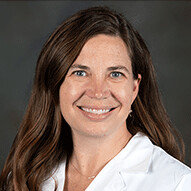 Alexandra Callan, MDPediatric Orthopedic Surgeon
Alexandra Callan, MDPediatric Orthopedic Surgeon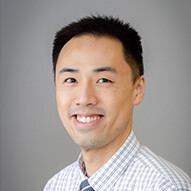 Kenneth Chen, MDPediatric Hematologist/Oncologist
Kenneth Chen, MDPediatric Hematologist/Oncologist Samuel John, MDPediatric Hematologist/Oncologist
Samuel John, MDPediatric Hematologist/Oncologist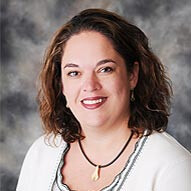 Laura Klesse, MDPediatric Hematologist/Oncologist
Laura Klesse, MDPediatric Hematologist/Oncologist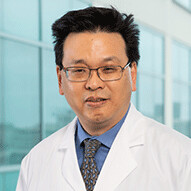 Andrew Koh, MDPediatric Hematologist/Oncologist
Andrew Koh, MDPediatric Hematologist/Oncologist Patrick Leavey, MDPediatric Hematologist/Oncologist
Patrick Leavey, MDPediatric Hematologist/Oncologist Kathleen Ludwig, MDPediatric Hematologist/Oncologist
Kathleen Ludwig, MDPediatric Hematologist/Oncologist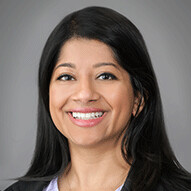 Arhanti Sadanand, MDPediatric Hematologist/Oncologist
Arhanti Sadanand, MDPediatric Hematologist/Oncologist Avanthi Shah, MDPediatric Hematologist/Oncologist
Avanthi Shah, MDPediatric Hematologist/Oncologist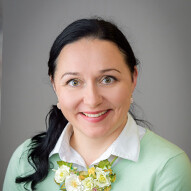 Ksenya Shliakhtsitsava, MDPediatric Hematologist/Oncologist
Ksenya Shliakhtsitsava, MDPediatric Hematologist/Oncologist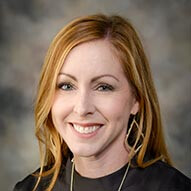 Tiffany Simms-Waldrip, MDPediatric Hematologist/Oncologist
Tiffany Simms-Waldrip, MDPediatric Hematologist/Oncologist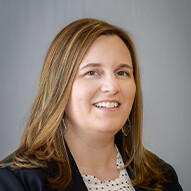 Tamra Slone, MDPediatric Hematologist/Oncologist
Tamra Slone, MDPediatric Hematologist/Oncologist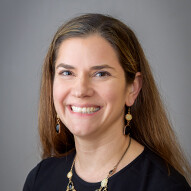 Tanya Watt, MDPediatric Hematologist/Oncologist
Tanya Watt, MDPediatric Hematologist/Oncologist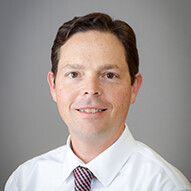 Jonathan Wickiser, MDPediatric Hematologist/Oncologist
Jonathan Wickiser, MDPediatric Hematologist/Oncologist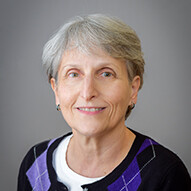 Naomi Winick, MDPediatric Hematologist/Oncologist
Naomi Winick, MDPediatric Hematologist/Oncologist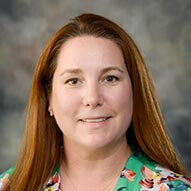 Emily Davenport, PA-CPhysician Assistant - Orthopedics
Emily Davenport, PA-CPhysician Assistant - Orthopedics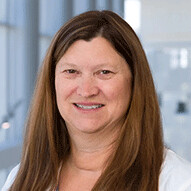 Shellye Crawford, APRN, PNP-PCNurse Practitioner - Orthopedics
Shellye Crawford, APRN, PNP-PCNurse Practitioner - Orthopedics